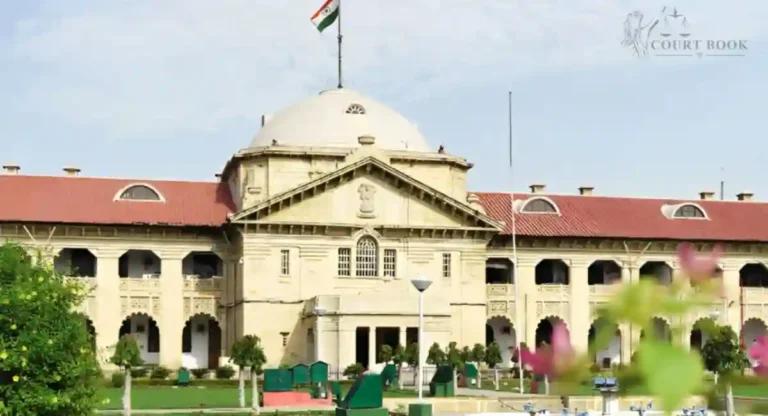The Allahabad High Court has emphasized that once the goods in transit are physically verified and found to be in accordance with the invoices—as recorded in Form MOV-04—the tax authorities cannot later change their stance or raise new objections that weren’t originally noted.
Justice Piyush Agrawal, while allowing the writ petition filed by M/S Maa Kamakhya Trader, held:
"Once on the verification report i.e. MOV-04, the items are fed by the officer concerned, after due verification, the authorities cannot be permitted to completely change its stand or further permitted to supplement by different reasons or grounds, which were not taken or mentioned while preparing the physical verification report in MOV-04.”
Background of the Case
The petitioner, M/S Maa Kamakhya Trader, challenged the appellate order dated 10.11.2023 which upheld a penalty imposed during GST goods transit from Guwahati (Assam) to Delhi. The goods were intercepted on 21.09.2023 in Amroha, Uttar Pradesh.
At the time of interception, all necessary documents including tax invoices, e-invoices, e-way bills, and transport receipts (bilties) were presented. The driver's statement was also recorded in Form MOV-01, where no discrepancies were found. Subsequently, MOV-04—the physical verification report—was issued, clearly recording that there was no mismatch between the goods and the documents.
Despite this, a penalty was later imposed, alleging discrepancies. The department argued that since HSN codes were entered, the goods list in MOV-04 auto-filled and may not reflect actual verification. However, when the Court questioned whether the goods' details were manually entered or auto-filled, the State’s counsel admitted that:
“The goods have to be fed manually.”
This directly contradicted the revenue’s argument and weakened their claim of post-verification discrepancies.
Justice Agrawal underlined the core purpose of MOV-04:
"The purpose of filling MOV-04, at the time of physical verification, is to find the correctness of the goods in transit from the accompanying documents… If the officer did not find any difference in goods, the same cannot be permitted to be raised later.”
The Court also cited its earlier decision in Jitendra Kumar vs. State of U.P., observing:
“It is trite law, settled by a catena of Supreme Court judgments, that the Revenue cannot beat around the bush and keep changing the goal post at each stage… The detention of goods causes serious prejudice to an assessee and can only be justified on valid grounds.”
Finding the penalty order unsustainable, the High Court quashed the order and allowed the writ petition. It also directed that any amount deposited by the petitioner during the litigation must be refunded within three weeks of the submission of the certified copy of the judgment.
Case Title: M/S Maa Kamakhya Trader v. Additional Commissioner Grade 2 And Another [WRIT TAX No. - 1386 of 2023]














